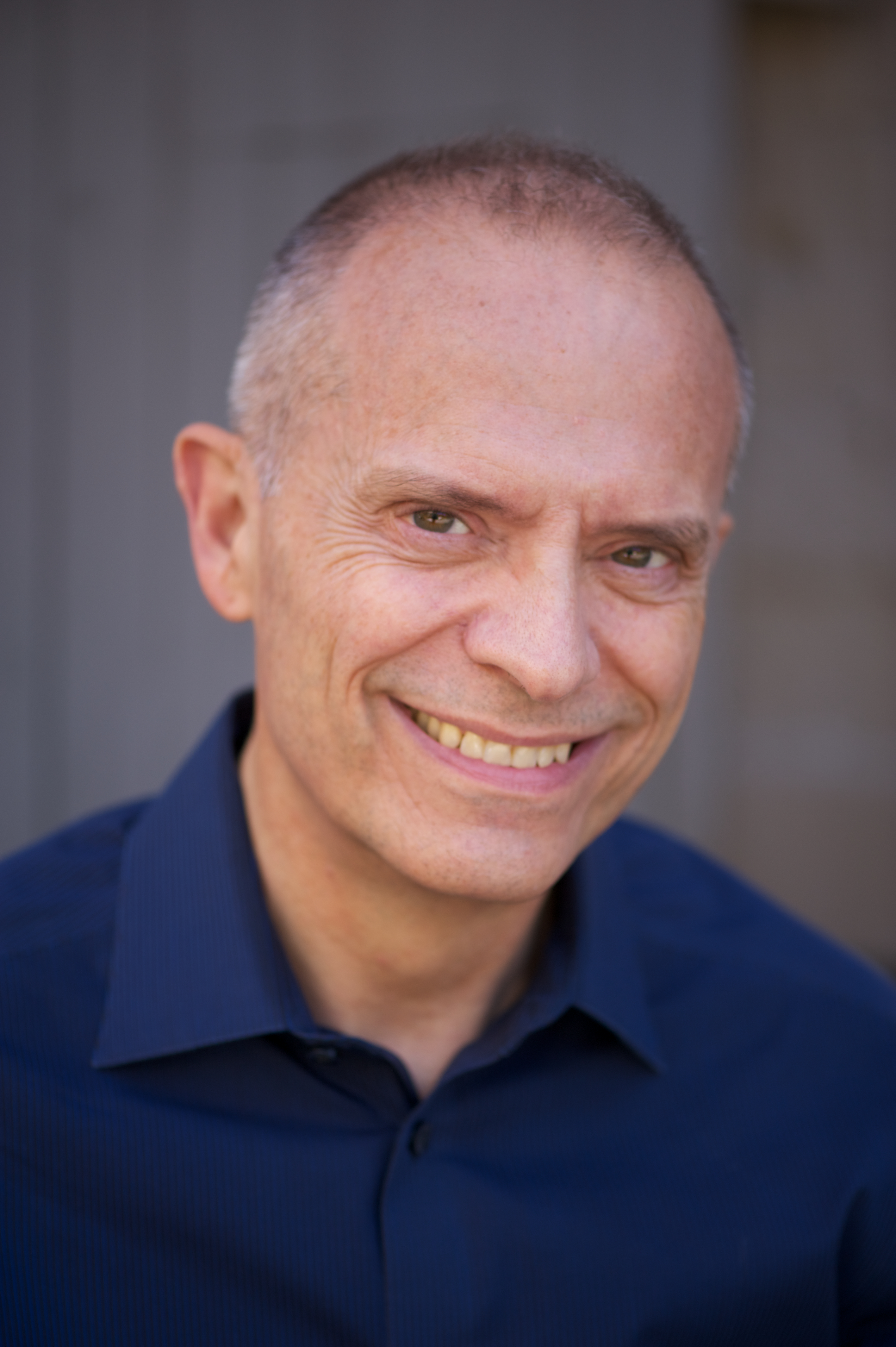- Home
- About Us
- The Team / Contact Us
- Books and Resources
- Privacy Policy
- Nonprofit Employer of Choice Award

 This morning, I saw a doctor. She told me that she wasn’t familiar with my condition. I found it surprising that arthritis wasn’t covered at her medical school. “I didn’t go to medical school, I just joined the team here at the centre and have been learning on the job,” she replied. “The centre liked hiring me because I’m willing to work for far less than a licenced physician.”
This morning, I saw a doctor. She told me that she wasn’t familiar with my condition. I found it surprising that arthritis wasn’t covered at her medical school. “I didn’t go to medical school, I just joined the team here at the centre and have been learning on the job,” she replied. “The centre liked hiring me because I’m willing to work for far less than a licenced physician.”
Of course, that didn’t happen. To become a doctor requires specialized schooling and to graduate, students must demonstrate knowledge of best practice. Then follows internship and residency requirements. Finally, to practice they must be licenced and belong to the College of Physicians and Surgeons.
I am frequently asked why fundraising education is important. Admitting an obvious conflict of interest, I say that a mature profession uses a staged approach to admit people into its ranks. Best practice is identified and educational institutions deliver that content to students and measure their aptitude. People working in the profession mentor interns as they continue their education with learning on the job. And, professional associations certify candidates and monitor their practice throughout their careers.
Fundraising is a youngster when compared to law, teaching, or medicine. But to be taken seriously, it needs to grow up. It was once possible to become a lawyer, teacher, or doctor just by learning on the job. But those professions have evolved and so should ours. We have to start somewhere, and I propose education as a basic requirement for hiring any new fundraiser.
Fundraising schools exist throughout Canada now. Those hiring new fundraisers should insist on that background. As well, employers should accept responsibility for providing second stage learning: on-the-job training (internships, for instance) where graduates are supervised by seasoned mentors. Professionals should also govern themselves through certification or some truly effective way to maintain professional standards. And eventually, employers must either be required to, or voluntarily, hire only those that have completed these steps.
In my mythical introduction, I wasn’t comfortable putting my health in the hands of someone who didn’t have proper training. Aren’t donors entitled to the same consideration?
Denny Young is a Professor at Humber College, and Coordinator of its prestigious Fundraising Management Postgraduate Certificate program. He has been in the profession for over 25 years and shown exemplary leadership as an executive, educator and mentor. His experience includes senior fundraising and communications roles in a number of sectors including health, social service, and the arts.